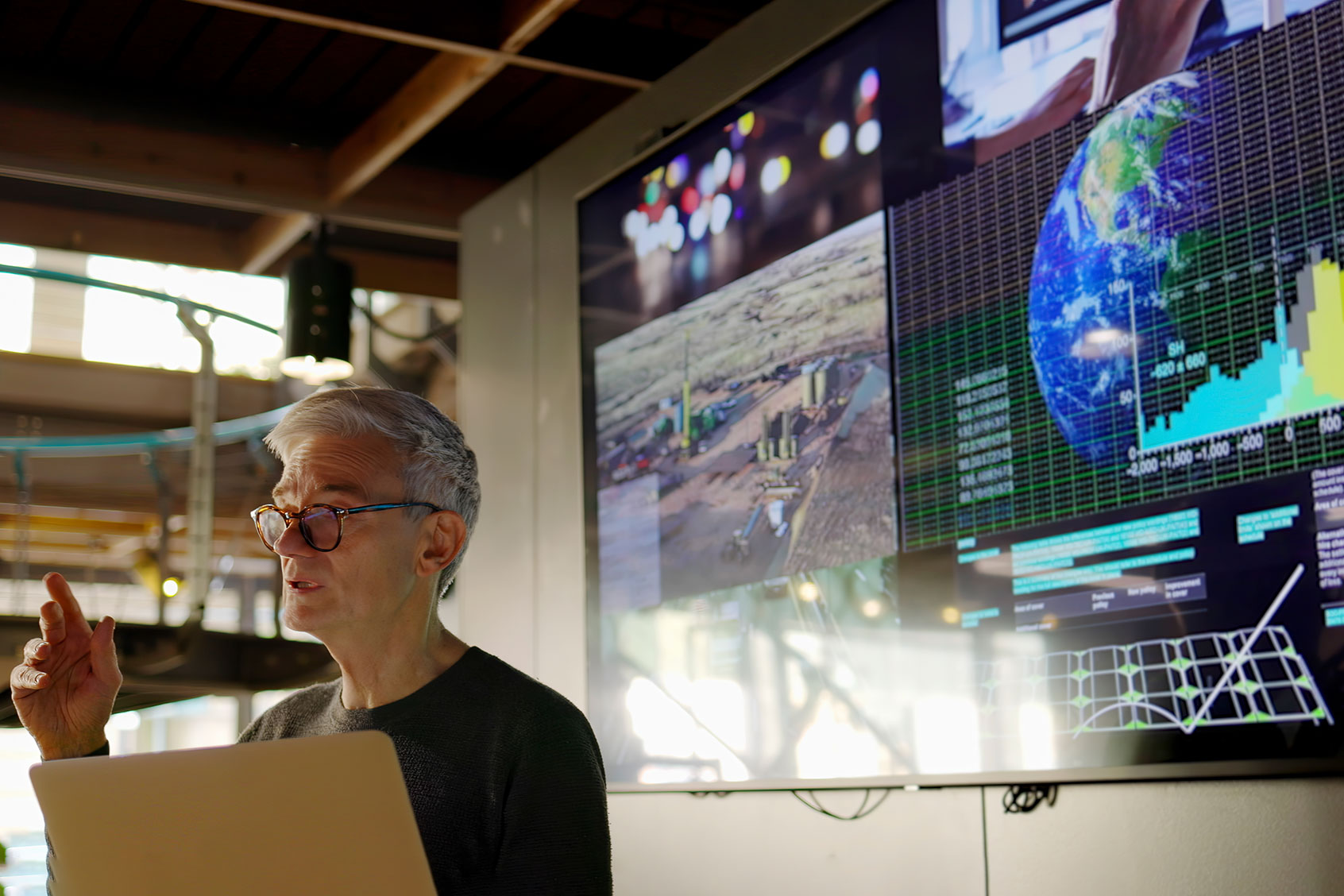Earth just experienced one of its hottest, and most damaging, periods on record. Heat waves in the United States, Europe, and China; catastrophic flooding in India, Brazil, Hong Kong, and Libya; and outbreaks of malaria, dengue, and other mosquito-borne illnesses across south Asia claimed tens of thousands of lives. The vast majority of these deaths could have been averted with the right safeguards in place.
The World Meteorological Organization, or WMO, published a report last week that shows just 11 percent of countries have the full arsenal of tools required to save lives as the impacts of climate change — including deadly weather events, infectious diseases, and respiratory illnesses like asthma — become more extreme. The United Nations climate agency predicts that significant natural disasters will hit the planet 560 times per year by the end of this decade. What’s more, countries that lack early warning systems, such as extreme heat alerts, will see eight times more climate-related deaths than countries that are better prepared. By mid-century, some 50 percent of these deaths will take place in Africa, a continent that is responsible for around 4 percent of the world’s greenhouse gas emissions each year.
“The interconnection between climate and health is undeniable,” WMO Secretary-General Petteri Taalas wrote in an introduction to the State of Climate Services report. The assessment has been published annually since 2019. This is the first time its authors have focused exclusively on health.
"We’re going to see more and more of these unprecedented weather events, and countries need to start preparing."
“Climate services” is an umbrella term for the varied methods governments use to alert communities to pressing climate-related hazards. Seasonal forecasts, flash flood alerts, and excessive heat warnings are all examples. Climate services can be harnessed to safeguard public health, but a small fraction of countries assessed by the report — just 23 percent — use climatological data to inform their surveillance of potential health risks, which means much of the world is at a disadvantage. The report emphasizes that investing in climate services is an effective and relatively affordable way to help the people most vulnerable to the consequences of global warming.
“We’re going to see more and more of these unprecedented weather events, and countries need to start preparing,” said Madeleine Thomson, head of climate impacts at the global charitable foundation the Wellcome Trust, which was one of more than 30 nonprofit, governmental, and academic contributors to the report.
The report highlights a number of examples that demonstrate how governments can successfully harness climate data to produce better health outcomes in their communities.
Up to a million people experience food insecurity in Mauritania every year, particularly during the agricultural lean period, which lasts from May to August. These conditions force families in the northwest African country to sell their livestock at extremely low prices and marry off their minor daughters in order to reduce the number of mouths they have to feed at home. The Mauritanian government, in collaboration with the World Bank, the U.N. World Food Programme, and other groups, developed a predictive early warning system for drought conditions using remote sensing, a vegetation and biomass index, and household food security data. The system, called the Elmaouna program, sent cash to 47,000 of the nation’s most vulnerable households during the 2022 lean season.
Other case studies presented in the report include a climate and health bulletin in Colombia aimed at reducing cases of dengue and cholera, a temperature extremes alert system in Argentina that issued 987 regional heat alerts in 2021 and 2022, a drought alert network in Kenya, and a Lyme disease surveillance system that helped raise awareness about the spread of the disease in Canada.
International institutions, such as the WMO and the United Nations’ Intergovernmental Panel on Climate Change, are waking up to the importance of centering public health in their approach to addressing climate change and its effects. Research journals have been sounding the alarm about the climate and health overlap for years. The Lancet, a leading medical journal that has been covering the health impacts of climate change annually since 2015, published a report in 2020 that warned that the fallout from rising temperatures threatened to undo five decades of progress on public health. Nevertheless, health has never featured prominently in global climate talks — until now.
Next month, the United Nations will hold its 28th Conference of the Parties, or COP28, in the United Arab Emirates. The international climate conference will host its first-ever “health day,” a signal that the topic is starting to become a bigger priority for climate change negotiators. At COP27 last year, a number of wealthy countries announced tens of millions in funding for climate services in underdeveloped nations. That funding helped spur some of the examples outlined in WMO’s report this year. The report and others like it that raise the alarm about the health impacts of warming could inform negotiations at this year’s conference and lead to more funding commitments from developed countries.
“People are being affected and health services are being affected by a changing climate,” said Kristie Ebi, an epidemiologist and climate change researcher at the University of Washington who reviewed WMO’s data but was not involved in the writing of the report. “At the same time, there are insufficient resources to help make sure that we can protect people’s health. One relatively easy way to change the situation is more investments in climate services.”
This article originally appeared in Grist at https://grist.org/health/climate-data-can-save-lives-most-countries-cant-access-it/.
Grist is a nonprofit, independent media organization dedicated to telling stories of climate solutions and a just future. Learn more at Grist.org
Read more
about climate change


